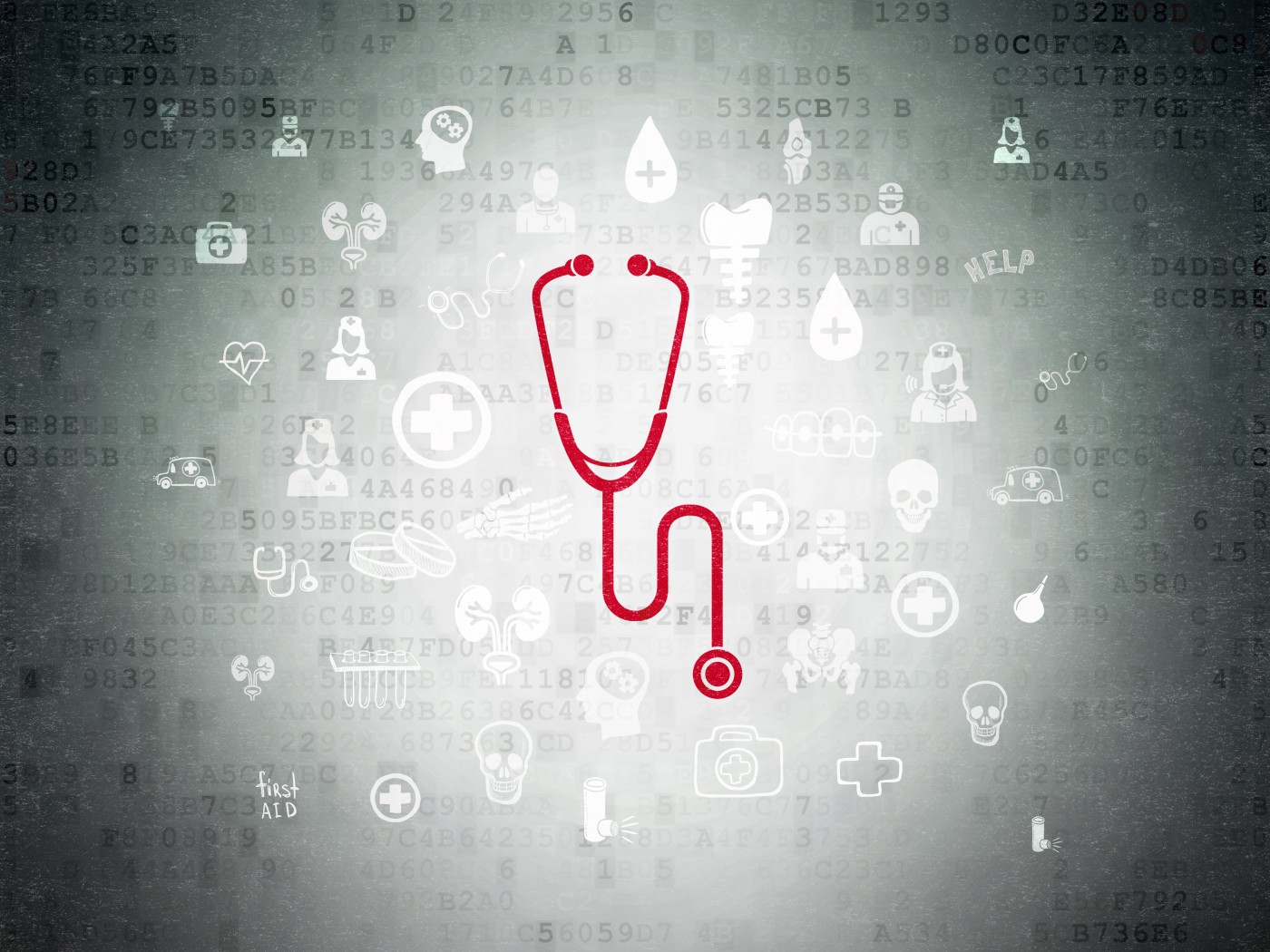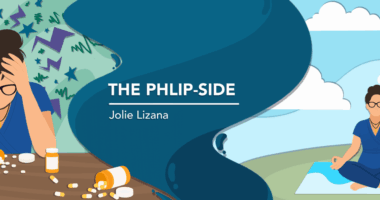FAQs About Pulmonary Hypertension

Pulmonary hypertension (PH) is a rare, life-threatening disease that occurs because of high blood pressure in the arteries of the lungs. The disease requires urgent medical intervention and lifestyle changes.
When first diagnosed, patients and their family members and caregivers may have unanswered questions. Many want to know how to find information, connect with other patients and families, and get support.
For ready reference, this article consolidates some of the frequently asked questions (FAQs) about PH.
What is PH?
A type of high blood pressure, pulmonary hypertension occurs because the blood vessels in the lungs constrict and the heart has to work harder to pump blood through them.
What causes PH?
The cause of PH is often not known. In such cases, the disease is called idiopathic pulmonary hypertension.
In some cases, PH is caused by mutations in genes like BMPR2 that cause narrowing of the arteries in the lungs. This type of PH can be inherited.
PH also may be caused by long-term problems on the left side of the heart, or by lung disease, or chronic shortage of oxygen in the lungs (hypoxia).
In some people, PH develops because of blood clots in the lungs, called pulmonary embolisms. This rare form of PH is called chronic thromboembolic pulmonary hypertension (CTEPH).
Ask questions and share your knowledge of Pulmonary Hypertension in our forums.
Finally, PH can occur as a secondary disease because of blood disorders such as anemia, connective tissue disease, congenital heart disease, liver disease, and HIV.
How is PH diagnosed?
It is not easy to diagnose PH with only a routine medical examination, because its symptoms are the same as several other medical conditions, such as coronary heart disease. If needed, the healthcare provider will schedule specialized tests like a pulmonary function test and an echocardiogram. If these tests indicate PH, the doctor will schedule a right heart catheterization, which will directly measure blood pressure in the arteries and veins of the heart and lungs, and confirm or rule out PH.
Right heart catheterization is the gold standard test to diagnose PH.
What are the symptoms of PH?
Common symptoms of PH include shortness of breath, fatigue, weakness, dizziness, low blood pressure, and chest pain. Swelling of the ankles, legs, abdomen and face, bluish skin coloration, racing heartbeat, heart arrhythmia, and coughing of blood are other common symptoms.
Is PH inherited?
In most cases, PH is not inherited. But a small percentage of patients with PH do have mutations in genes such as BMPR2, ACVRL1, BMPR1B, CAV1, KCNK3, SMAD9, or TBX4.
Can PH be treated?
There currently is no cure for PH. However, there are several medications that are available that can help manage the condition and lessen symptoms. These include:
- Blood vessel dilators, including epoprostenol, iloprost, and treprostinil, that can open narrow blood vessels
- Endothelin receptor antagonists, like bosentan, macitentan, and ambrisentan, that reverse the effects of endothelin, a molecule that narrows blood vessels
- Medicines that relax the muscles of the blood vessels, such as sildenafil and tadalafil
- Calcium channel blockers, like amlodipine, diltiazem, and nifedipine, that also help relax the muscles in the walls of the blood vessels
- Soluble guanylate cyclase (SGC) stimulators such as riociguat that help relax the pulmonary arteries and lower the pressure within the arteries
- Anticoagulants such as warfarin that help prevent the formation of blood clots within the small pulmonary arteries
- Digoxin that helps the heart in pumping more blood
- Diuretics that remove excess fluid from the body and reduce the workload of the heart
Most medicines have side effects, and the combination of medicines that will work for each individual may vary.
What lifestyle changes should patients adopt?
Lifestyle changes that people with PH should adopt include ensuring sufficient rest, getting moderate exercise, giving up smoking, and avoiding travel or living at high altitudes. Individuals with the disease should adopt a healthy diet and avoid foods with high salt, saturated and trans fats, and cholesterol. Patients also should take all medications as prescribed by their doctors, maintain regular follow-ups, and get vaccinated as prescribed.
How does PH affect pregnancy?
Pregnancy is risky for both a mother with PH and her unborn baby. If a PH patient becomes pregnant, it is important for her to consult with a doctor immediately. It also is important to note that birth control pills are risky for women with PH as they can increase the likelihood of blood clots. Thus, patients should consult with a doctor about alternative forms of birth control.
How does PH affect patients’ lives?
Life can change dramatically once a person is diagnosed with pulmonary hypertension. So, it is important to develop strategies to cope with the physical and emotional challenges of living with the disease. There are several ways in which people with PH can find work, travel, exercise, and do the activities they loved before their diagnosis. For tips, visit the Living with PH section of our website.
Where can patients get more information?
We regularly publish news stories on our website about different aspects of PH research, including new treatment options currently being investigated.
Other organizations that offer information about PH include:
Pulmonary Hypertension Association
National Heart, Lung and Blood Institute
National Institute of Health Medline Plus
CDC Division for Heart Disease and Stroke Prevention
We also have a number of columnists who write about the daily challenges of living with PH:
Chronically Uncool by Ellie Bird
Life As A Caregiver by Colleen Steele
Aware That I’m Rare – a Podcast Series by phaware
Life After PH – A Column By Kathleen Sheffer
Recharged and Rewired – a Column by Brittany Foster
Life With PH — A Column By Serena Lawrence
PHancy Free – a Column by Rebecca Lidenberg
PHighting Words – a Column by Mike Naple
The Research Report – a column by Reid D’Amico
How can I connect with other patients?
Patients with PH and their families can join our online PH forums, where they can access and discuss a variety of topics, which are posted frequently. If you do not see a topic of interest, message the moderators to get a conversation started.
Last updated: Oct. 1, 2019
***
Pulmonary Hypertension News Today is strictly a news and information website about the disease. It does not provide medical advice, diagnosis or treatment. This content is not intended to be a substitute for professional medical advice, diagnosis, or treatment. Always seek the advice of your physician or other qualified health provider with any questions you may have regarding a medical condition. Never disregard professional medical advice or delay in seeking it because of something you have read on this website.







